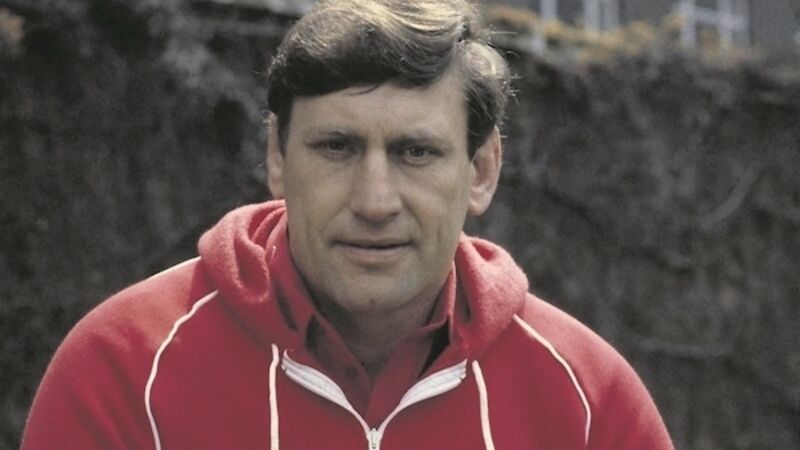State Archives: Outrage at IRFU involvement in South Africa

The government was “outraged” after the Irish Rugby Football Union (IRFU) took part in a rugby event in apartheid South Africa, state papers have revealed.
Details of correspondence and government letters on the 1989 rugby tour controversy have been released by the National Archives as part of the 30-year rule.













